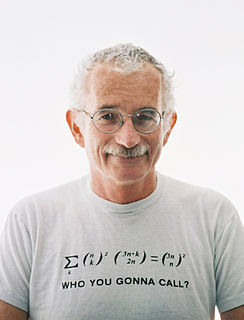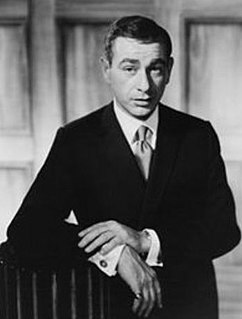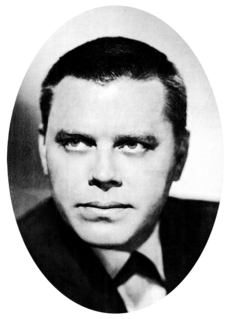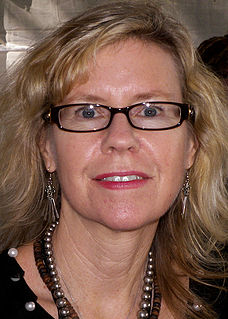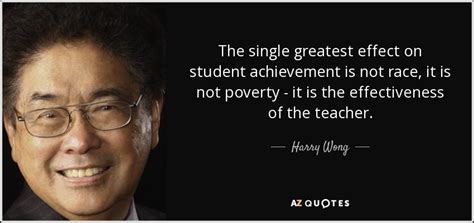A Quote by Kelly Gallagher
Teach your students real-world writing purposes, add a teacher who models his or her struggles with the writing process, throw in lots of real-world mentor texts for students to emulate, and give our kids the time necessary to enable them to stretch as writers.
Related Quotes
With my students I give them lots and lots of guided writing. Part of it is as simple as writing a lot but not toward anything. The mind floats. Then I help them see where the language has heat. If we do this a lot in class, students eventually relax into this writing practice and enjoy it. Even just that - writing pleasure without the anxiety of "audience" or "grade" or "success" - is a kind of impetus toward the unfamiliar.
I've never had a mentor personally of any kind. It feels like, generally, in the writing world or the art world, it's more of a thing in America, because you have writing programs, which we don't have. You have these amazing writers who are teachers. I never did a writing program so I never met a writer until I was published. I guess I can't really explain my compulsion for writing these kind of mentor characters.
Business students are very oriented to playing a role in the real world and accomplishing something, not training themselves to be scholars and contribute to the literature. Teaching in that kind of environment has focused me much more on the real world, how pieces of the theory I know can be applied to real-world situations.
The thing I always tell my writing students - I'm not a full-time instructor, by any means, but periodically I've taught writing students - what I always tell them is that the most important thing in narrative nonfiction is that you not only have to have all the research; you have to have about 100% more than you need.
When I used to teach writing, what I would tell my playwriting students is that while you're writing your plays, you're also writing the playwright. You're developing yourself as a persona, as a public persona. It's going to be partly exposed through the writing itself and partly created by all the paraphernalia that attaches itself to writing. But you aren't simply an invisible being or your own private being at work. You're kind of a public figure, as well.
I have a process that I seem to always, to some degree, as a writer, adhere to, but I certainly have never imposed the way I write a novel on my students. When I had students, I never said, "You should never start writing a novel until you have the last sentence." I never did that, and I wouldn't do it now, but people now seem so interested in the process [of writing fiction] that I have to constantly make it clear when I describe mine that I'm not being prescriptive. I'm not proselytizing.
More than half of my former students teach - elementary and high school, community college and university. I taught them to be passionate about literature and writing, and to attempt to translate that passion to their own students. They are rookie teachers, most likely to be laid off and not rehired, even though they are passionate.






